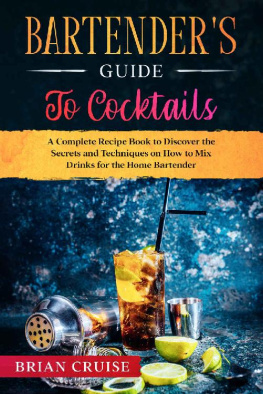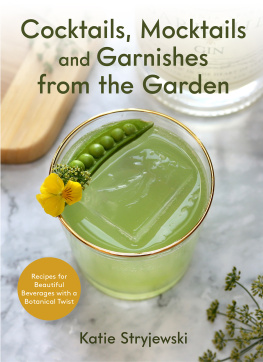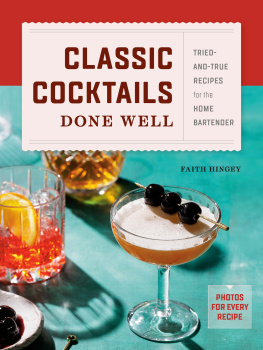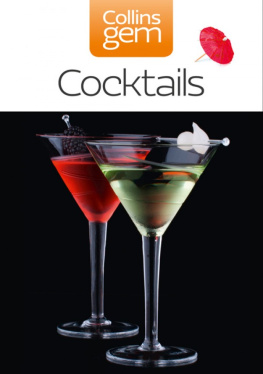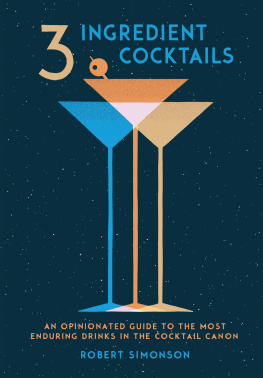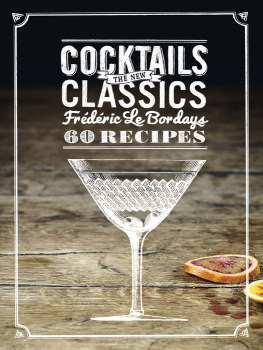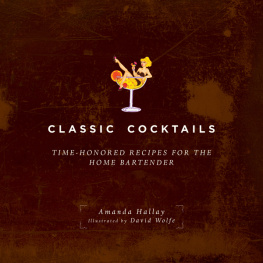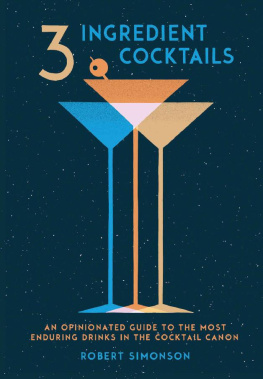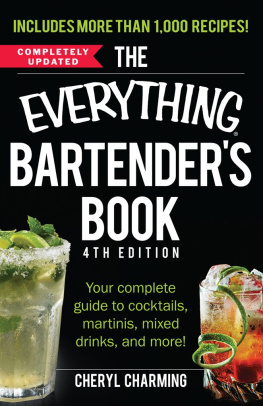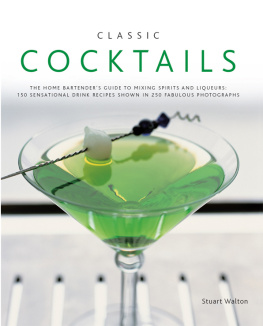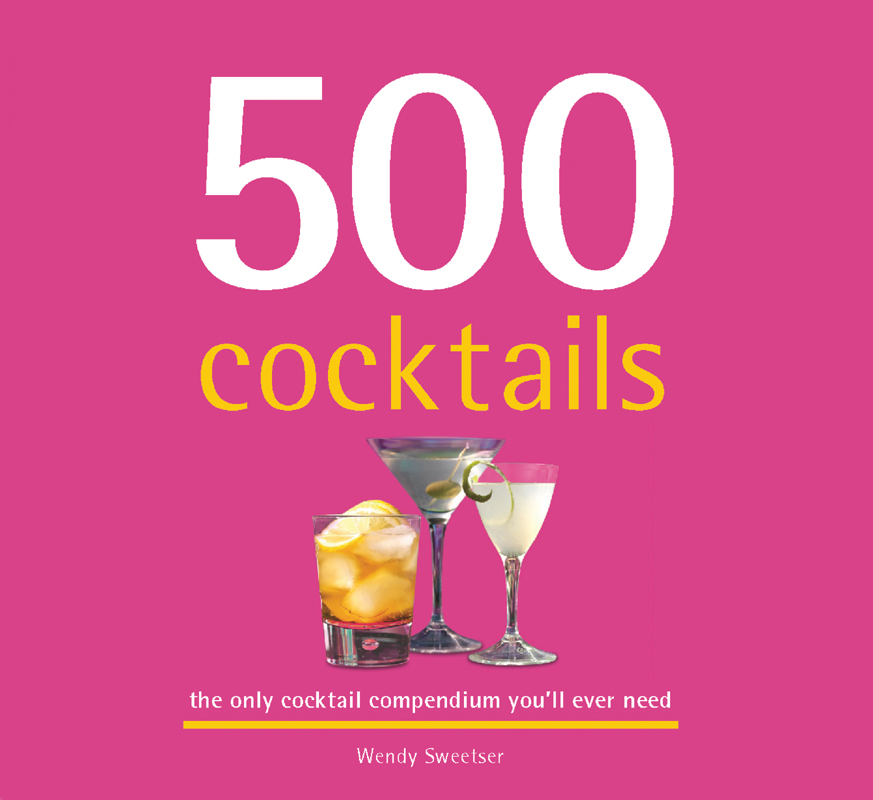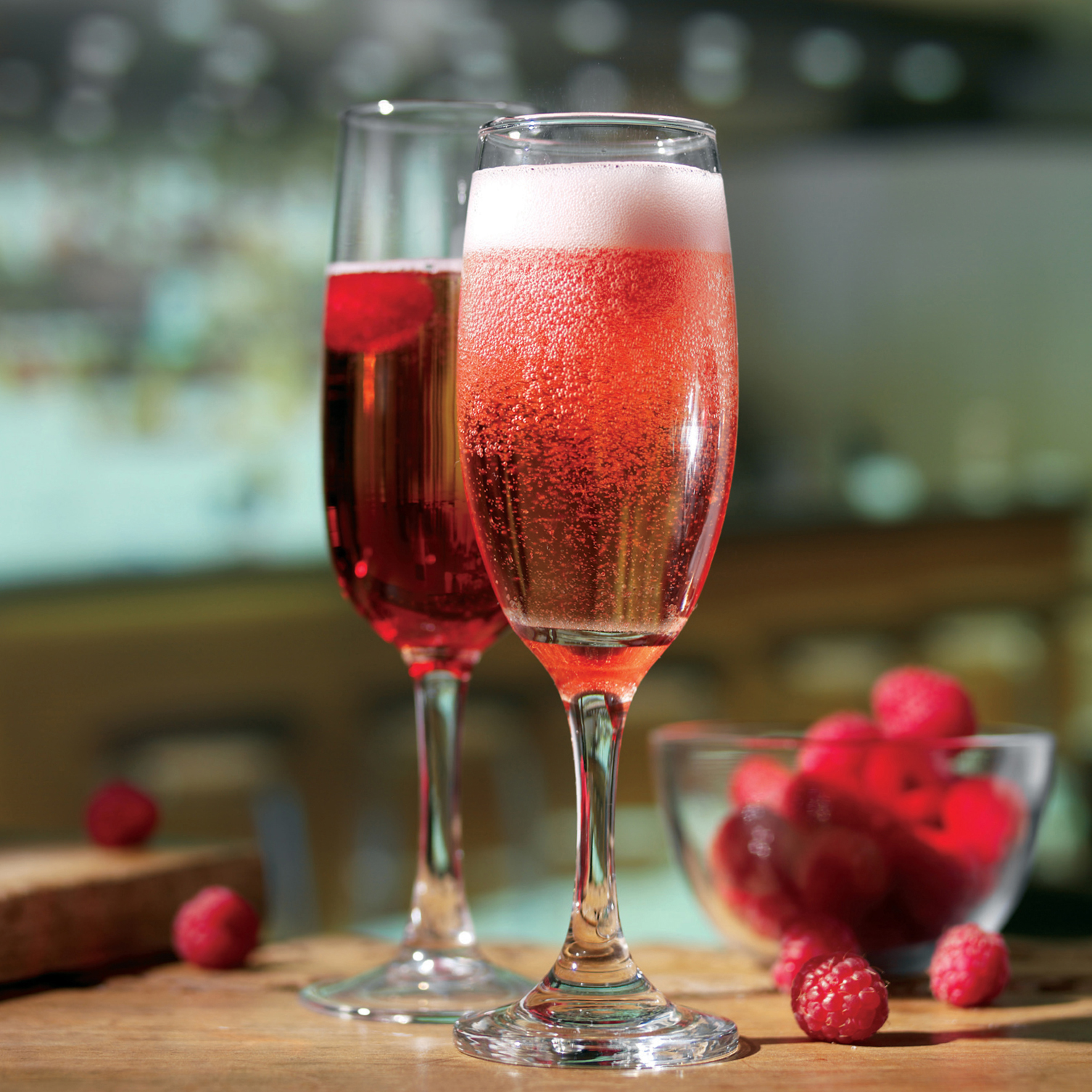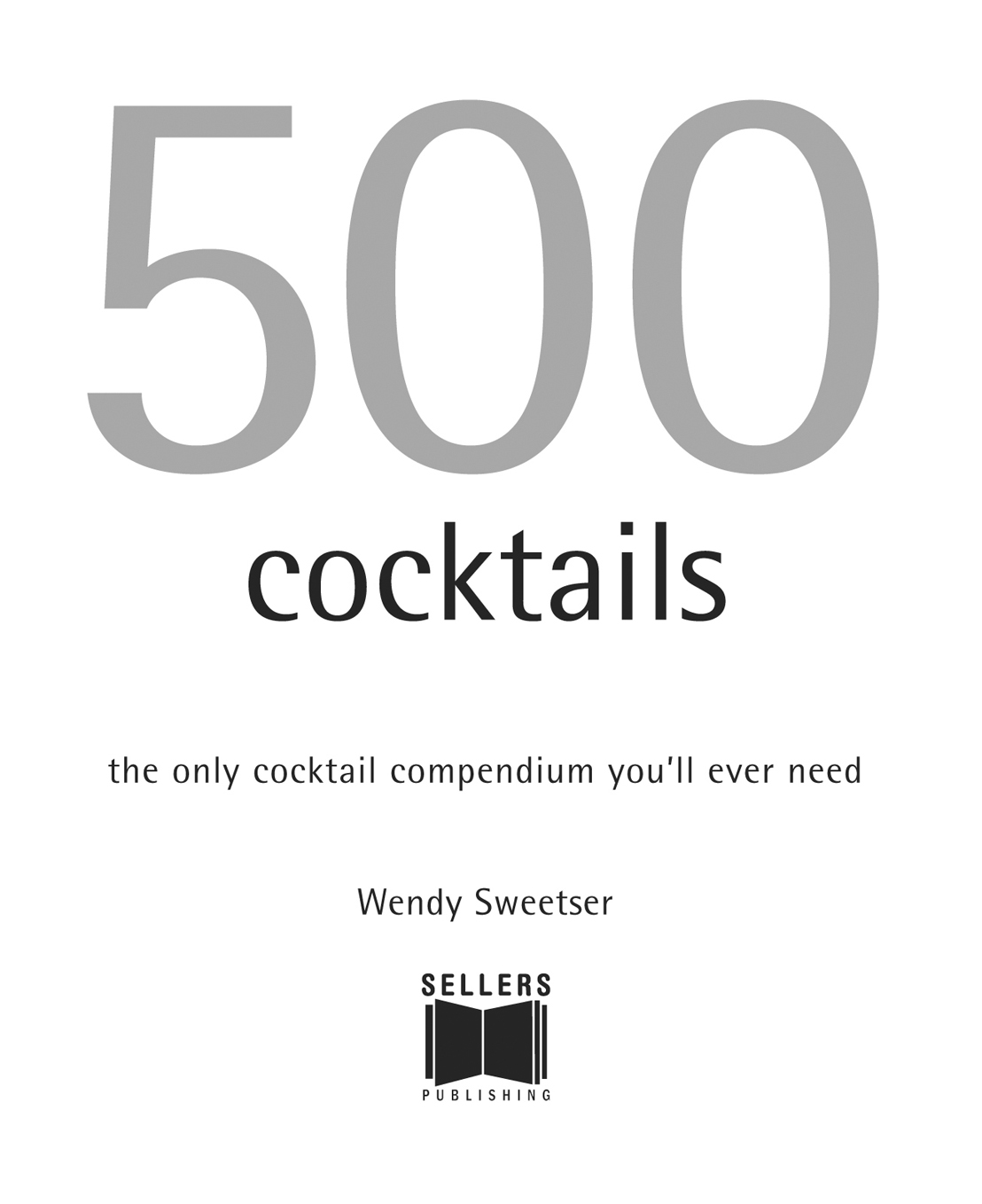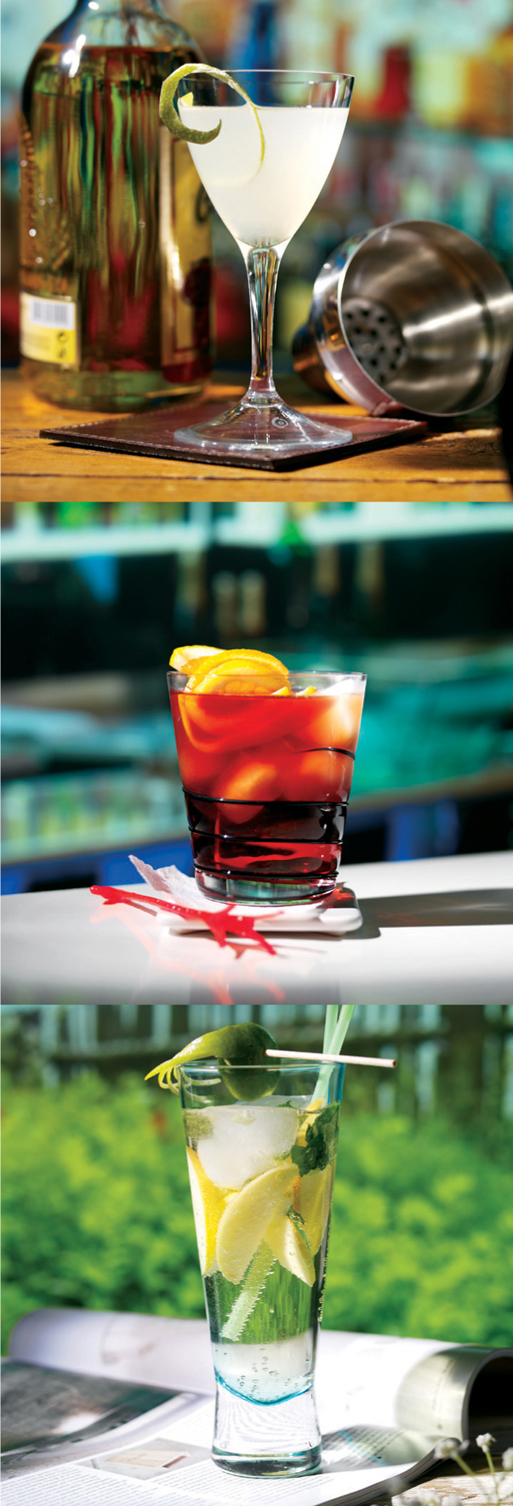Published by Sellers Publishing, Inc.
161 John Roberts Road, South Portland, ME 04106
introduction
No one can say for certain where the word cocktail came from or who mixed the first one. Back in 1806, certain sections of American society were already condemning a vulgar but stimulating bittered-sling made of spirits, sugar and water, and there was a range of commercially produced mixes on sale presumably aimed at those less upright members of the community not averse to the occasional display of vulgarity in their own homes.
The first book of recipes for making cocktails was published in 1862. Entitled How to Mix Drinks or The Bon-Vivants Companion, it was written by a famous bartender of the day called Jerry The Professor Thomas and became a best seller. The Jazz Age introduced these stirred and shaken phenomena to the wider world, and many stories speculating on how they came to be known as cocktails date from this time. Most involve cockfighting, pretty young girls, and gallant, heroic men, but another contender is a French-born New Orleans chemist, Antoine Amedee Peychaud. The creator of his own range of bitters, Monsieur Peychaud offered tipples in eggcups to visitors at his Pharmacie Peychaud drugstore. The drinks became known as coquetiers (French for eggcups), and legend has it that it was only a matter of time before the word became Americanized as cocktails.
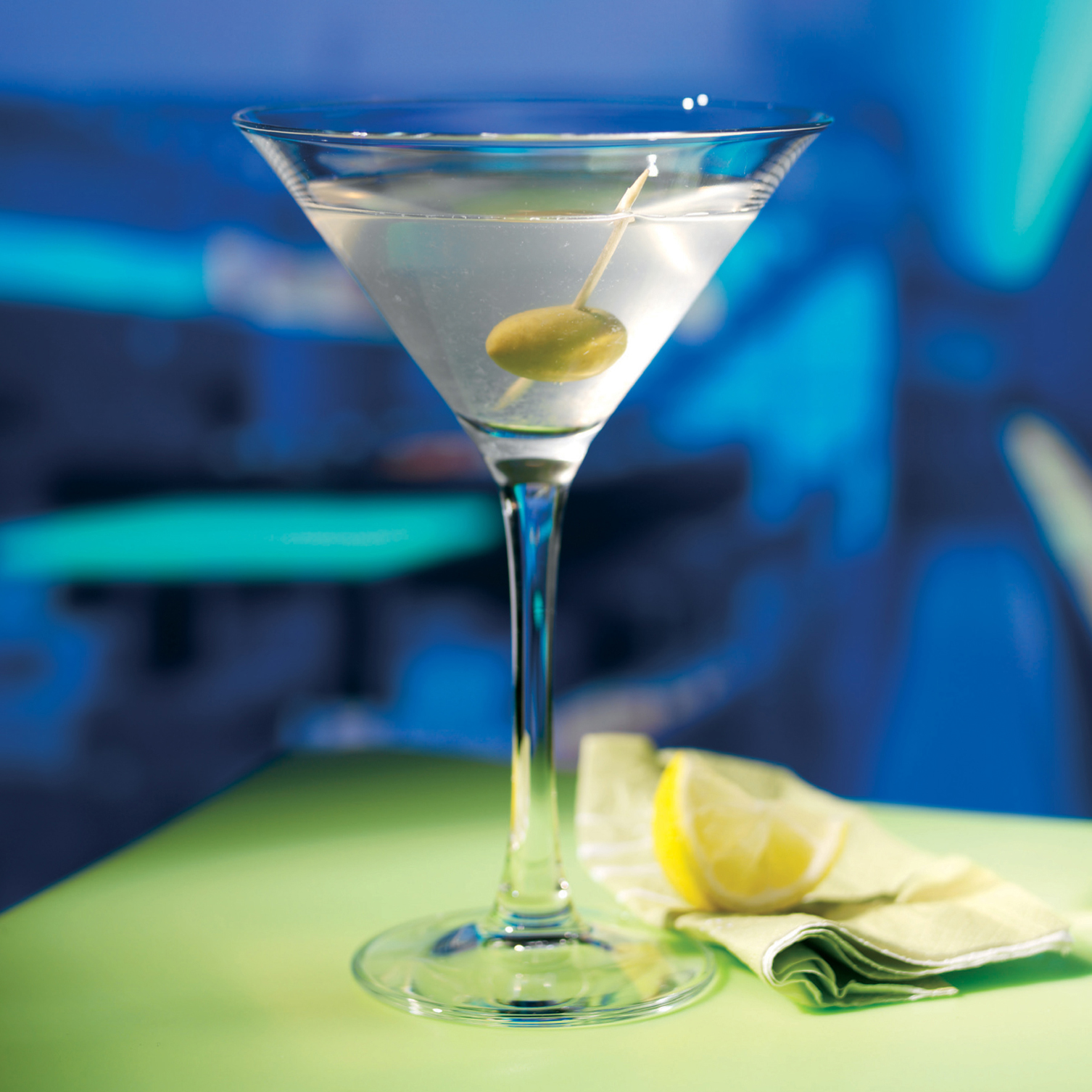
The cocktails popularity grew rapidly during the 1920s, when the arrival of Prohibition tested the bartenders skill to the limits. He had to search for novel ways to turn bootleggers bathtub gin or moonshine (which was undrinkable neat) into something more palatable to keep his clients happy, and the answer was to disguise it with anything and everything that came to hand. No longer were bars the sole preserve of world-weary men. Now wives and girlfriends began accompanying them to the backstreet speakeasies, where the entrance was by a coded knock on the door and cocktails became the drink of the day. The more outlandish and suggestive cocktail names became, the more customers loved them, seduced by their aura of decadence and illicit glamor.
Three-quarters of the classic cocktails ordered in bars today including the Martini, the Daiquiri, and the Mint Julep were created before the start of the twentieth century, but it was Prohibition that ensured their immortality. By 1929 more than 120 recipes for making a Martini were in circulation. Bartenders reluctant to break the law found themselves out of work. Many crossed the Atlantic to open new establishments in Europe, and customers who could afford it followed them. Harrys New York Bar in Paris and the American Bar at the Savoy hotel in London both still going strong today were just two of many serving wealthy Americans with drinks they could enjoy in public.
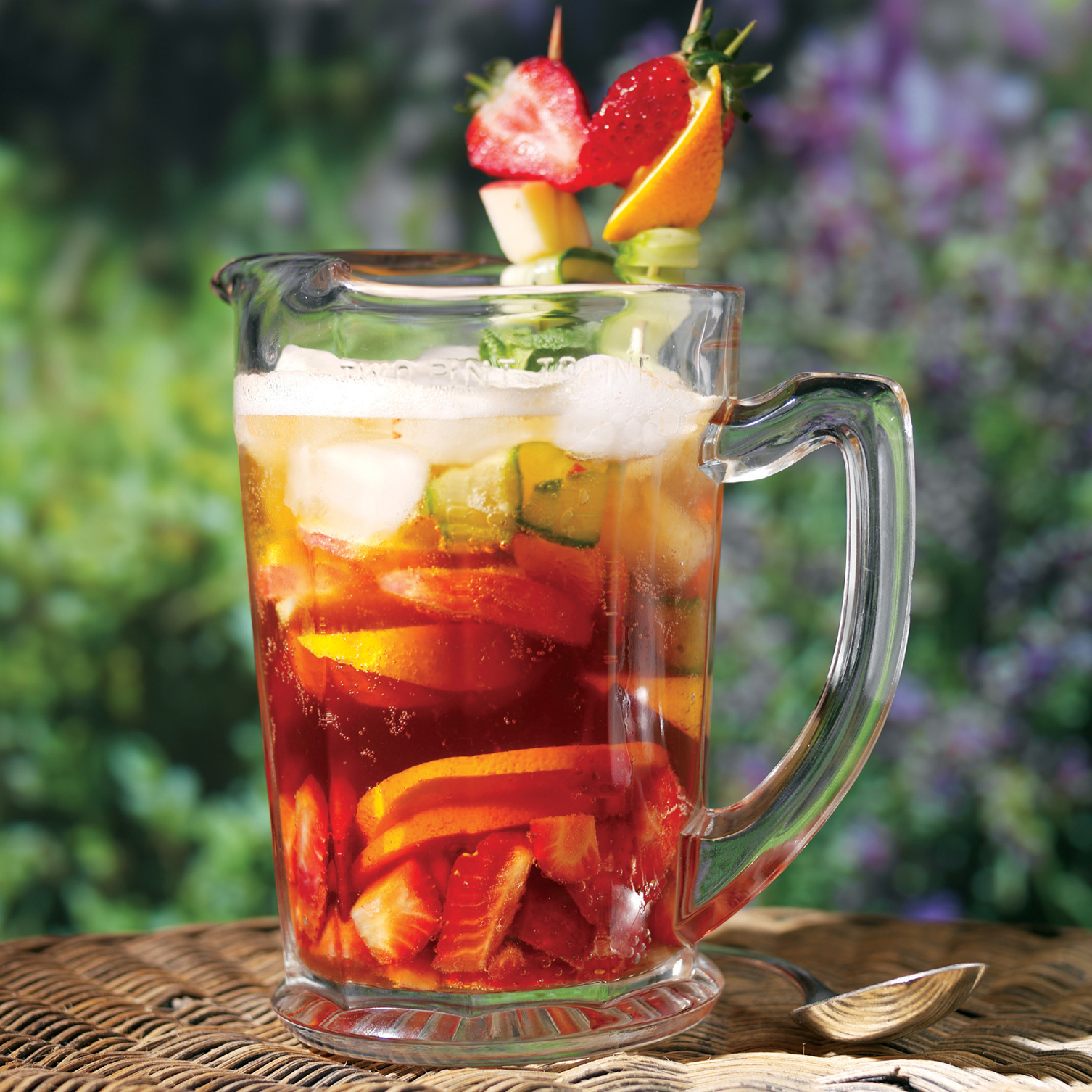
In the early years, cocktails tended to be short and strong, with alcohol as the main ingredient. Customers demanded a quick hit and preferred not to sit looking at the same glass for too long. Today the opposite is more likely to be true. Most cocktails are long and cool, with the alcohol diluted with plenty of fruit juice or mineral water, and the whole thing enjoyed as a pleasant way to unwind.
During the twentieth century, many bartenders became as legendary as their celebrity clientele. Among the most famous were Giuseppe Cipriani, who created the Bellini (champagne and fresh peach juice) at Harrys Bar in Venice, and Johnny Brooks, reputed to mix the driest Martinis in town at New Yorks Stork Club for starry customers such as Ernest Hemingway and Marlene Dietrich. Another was Don Beach, who, at his Beachcomber restaurant in Hollywood, served Zombies (a potent blend of three types of rum, apricot brandy, and fruit juice) and sixty-two other exotic tipples to the film capitals elite.
Ice, fresh fruit juice, bitters, a slug (or three) of liquor, and the worlds most beautiful people have always added up to a seductively heady brew. If youre a cocktail novice who wants to learn more, the recipes in this book will not only help get you started but also show you how to improvise, experiment, and create your own cocktails as well. Youll run out of occasions to celebrate long before youve exhausted new ways to stir, shake, muddle, and mix the ultimate party drink.
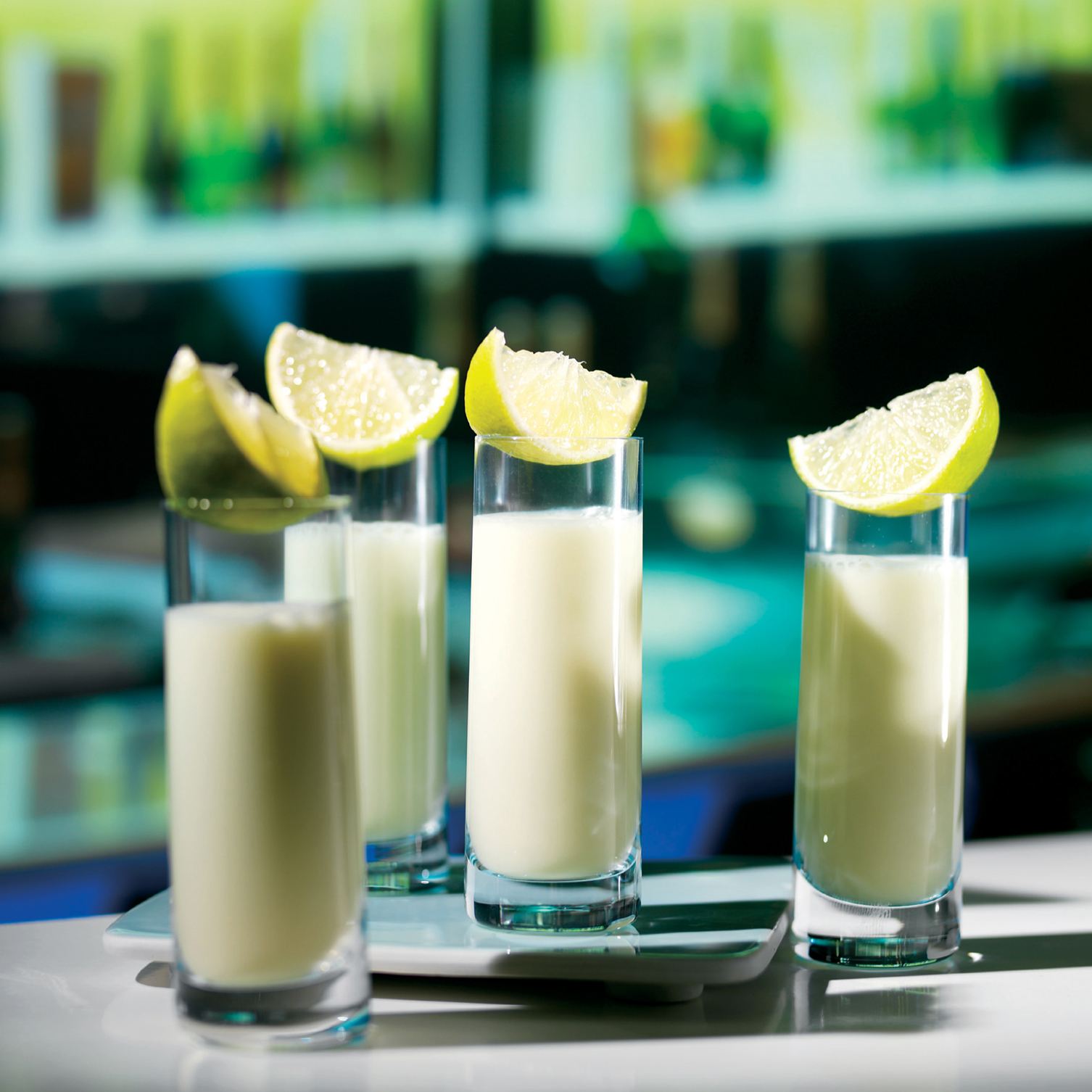
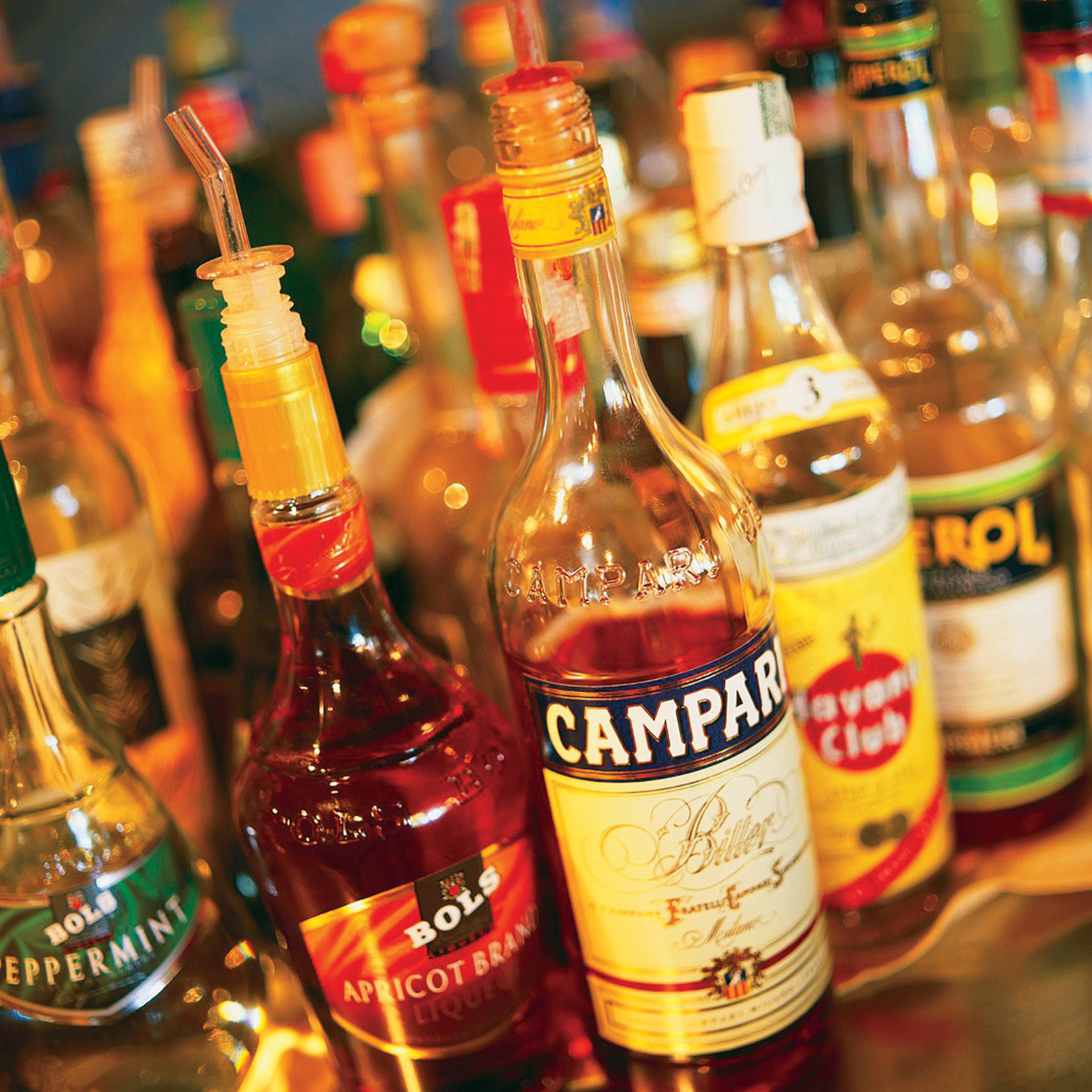
stocking the bar
With so many spirits on the market and new ones appearing all the time, deciding on the essentials for creating a reasonably stocked bar can be a challenge. Storage space and financial considerations will limit the aspirations of most fledgling bartenders, but once youve acquired the basics, these can be added to as you go along. The good news is that, unlike table wine, opened bottles of spirits and liqueurs have a long shelf life, so the contents dont have to be finished immediately.
The following list is a varied selection of alcoholic drinks to get you started, plus the most popular mixers and extra items youll need.
spirits
Gin
Whiskey (Scotch or Irish)
Vodka
Dark and light rum
Brandy or Cognac
Tequila


